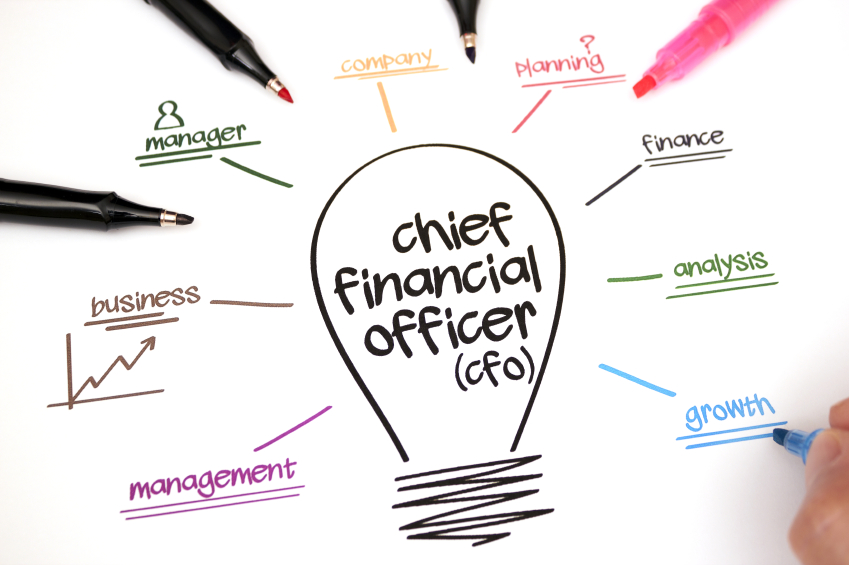Top 5 Reasons to Hire a Virtual CFO

Written by Hasan Shahariar, CPA
Once a startup goes through fundraising, it has an obligation to report on a recurring basis to stakeholders and the board of directors. Investors want to see growth, projections, forecasts, and the vision of the company translated into a financial plan. This requires the expertise of a finance lead like a CFO.
A growing trend in the cloud accounting space is that of offering fractional CFO services, but what is a fractional CFO? What does this person do? Do you actually need one? This article will help demystify these questions and showcase the value you get from hiring one.
Usually, the right hand of the CEO, the Chief Financial Officer (CFO) is the financial advisor of the executive team. Combining finance and accounting principles to deliver on the long-term financial plan. A common challenge for founders in a hyper-growth company is running the numbers. Analyzing your financial situation and planning for growth can be very time-consuming. That time is better spent if founders focused on the core business. It may not always be cost-effective to hire a full-time CFO, yet the company still requires the financial insights to make key business decisions; enter the fractional CFO.
What is a fractional CFO or virtual CFO?
As the name implies, it’s essentially a part-time CFO working virtually whilst providing high-end expertise at a fraction of the price. For example, a fractional CFO can help raise capital for product development and expansion into new territories. Want to know if you can afford to hire more people, launch a new line of business, or when the company will run out of cash? A fractional CFO can build a cash flow forecast and show you approximately when you need financing and suggest financing options.
That’s just the tip of the iceberg, a fractional CFO can also help with:
- Creating a package for prospective investors & lenders
- Preparing financial summaries and board packages
- Overhauling existing accounting systems and streamlining accounting and finance workflows
- Providing investor relation and creditor relation support
- Build a financial model – If you haven’t read my article on the importance of budgeting
Moreover, here are the top 5 reasons you should hire a fractional CFO:
- To Provide Financial Strategy
- Smoother Transitions During High Growth
- Stakeholder Confidence
- Improved Decision Making
- Bang For Buck
When should you hire a fractional CFO?
It depends! Startups of various sizes and stages of growth will have different needs. From experience, I typically see the following levels:
Level 1 – Basic bookkeeping structure (early startups, pre-seed)
At this level, a company is mostly focused on recording historical transactions with little to no financial planning. It’s not uncommon to see founders take on this task. While companies at this stage don’t need a full-time CFO, hiring a fractional CFO could provide value add from the start. A few hours a month to get the basic accounting and finance workflows in place could alleviate a lot of headaches later on.
Level 2 – Controllership (seed stage)
At this stage, companies have a basic reporting structure with the help of an accountant that closes the books on a timely basis. Accounting standards may have moved from a cash basis (recording transactions when cash is exchanged) to an accrual basis (recording transactions even if cash was not exchanged). Again, the focus here is summarizing what’s already happened, and not focusing on what’s to come. Having a fractional CFO set up some basic financial budgets can help startups preserve and stretch cash.
Level 3 – Fractional CFO (Series A)
Now the venture is preparing for fundraising. In order to attract investors, the company needs a pitch deck showcasing the product, market research, and financial growth plans for scalability. Most times, companies don’t have the budget to justify a permanent CFO here. A fractional CFO becomes necessary at this stage to deliver on:
- Creating a financial model and cash flow forecast
- Understanding operations and their effect on profitability
- Evaluate financing options and assess the cost of capital
- Tracking key performance indicators like EBITDA
In the end, you can leverage a fractional CFO at any of these stages and the benefit of doing so is clear. You will get value from financial insights to help make key decisions in order to steer the company in the right direction.

